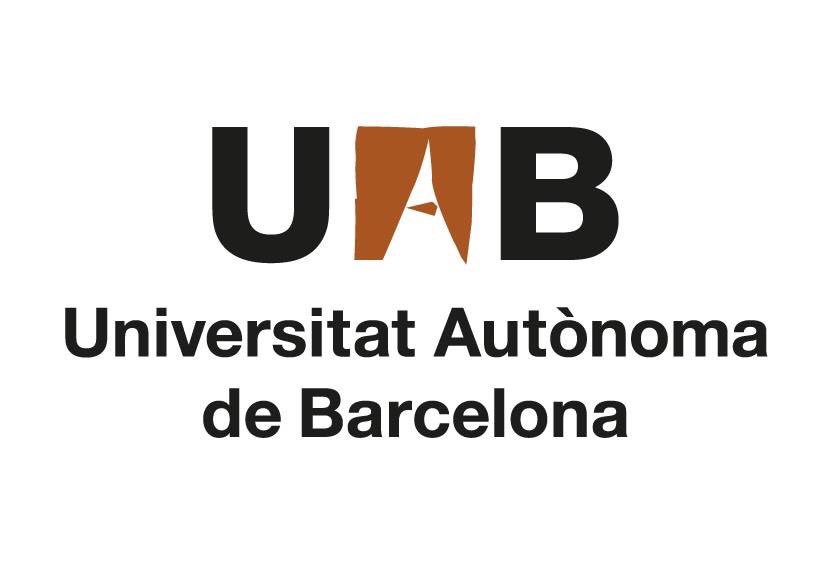
- This event has passed.
E-Learning Course: Sustainability of Social-Ecological Systems: The Nexus between Water, Energy and Food

Overview
In this course you will become familiar with the ideas of the water-energy-food nexus and transdisciplinary thinking. You will learn to see your community or country as a complex social-ecological system and to describe its water, energy and food metabolism in the form of a pattern, as well as to map the categories of social actors. We will provide you with the tools to measure the nexus elements and to analyze them in a coherent way across scales and dimensions of analysis. In this way, your quantitative analysis will become useful for informed decision-making. You will be able to detect and quantify dependence on non-renewable resources and externalization of environmental problems to other societies and ecosystems (a popular ‘solution’ in the western world). Practical case studies, from both developed and developing countries, will help you evaluate the state-of-play of a given community or country and to evaluate possible solutions. Last but not least, you will learn to see pressing social-ecological issues, such as energy poverty, water scarcity and inequity, from a radically different perspective, and to question everything you’ve been told so far.
- Level: Intermediate
- Commitment: 4-6 hours/week
- Language of Instruction: English
- Pass all graded assignments to complete the course
Enrollment and Dates
Enroll can be completed on the Coursera website. This course is offered a 8 weekly intervals with the upcoming enrollment and start dates:
- 10 February 2020 (enrollment closing 15 February)
- 6 April 2020 (enrollment closing 11 April)
- 1 June 2020 (enrollment closing 6 June)
- 27 July 2020 (enrollment closing 1 August 2020)
Intended Participants
The course is directed toward upper-division undergraduate and graduate students from a wide variety of disciplines (environmental sciences, engineering, agricultural sciences, social sciences) as well as professionals (NGOs, think tanks) and policy makers concerned with sustainable development in both developed and developing countries.
Instructors
Mario Giampietro, ICREA Research Professor
Institute of Environmental Science and Technology (ICTA)
Andrea Saltelli, Guest researcher
Institute of Environmental Science and Technology (ICTA)
Tarik Serrano, Post-Doc Researcher
Institute of Environmental Science and Technology (ICTA)
Course Creator
The Universitat Autònoma de Barcelona (UAB) is a public university located in the metropolitan area of Barcelona. International in its outlook, it is fully consolidated within its local surroundings, and offers quality education in close association with research activity, the transfer of scientific, technological, cultural and educational knowledge, the promotion of its human potential and the responsible management of available resources. The UAB currently offers 81 degrees, 130 official Master Programmes and 183 UAB-specific Masters Degrees. In addition, it offers 174 lifelong learning programmes and 65 PhD Programmes, 27 of which have been distinguished through Quality Awards. The UAB has a total of over 3,500 teaching and research staff, over 2,000 administrative staff and over 40,000 students.
